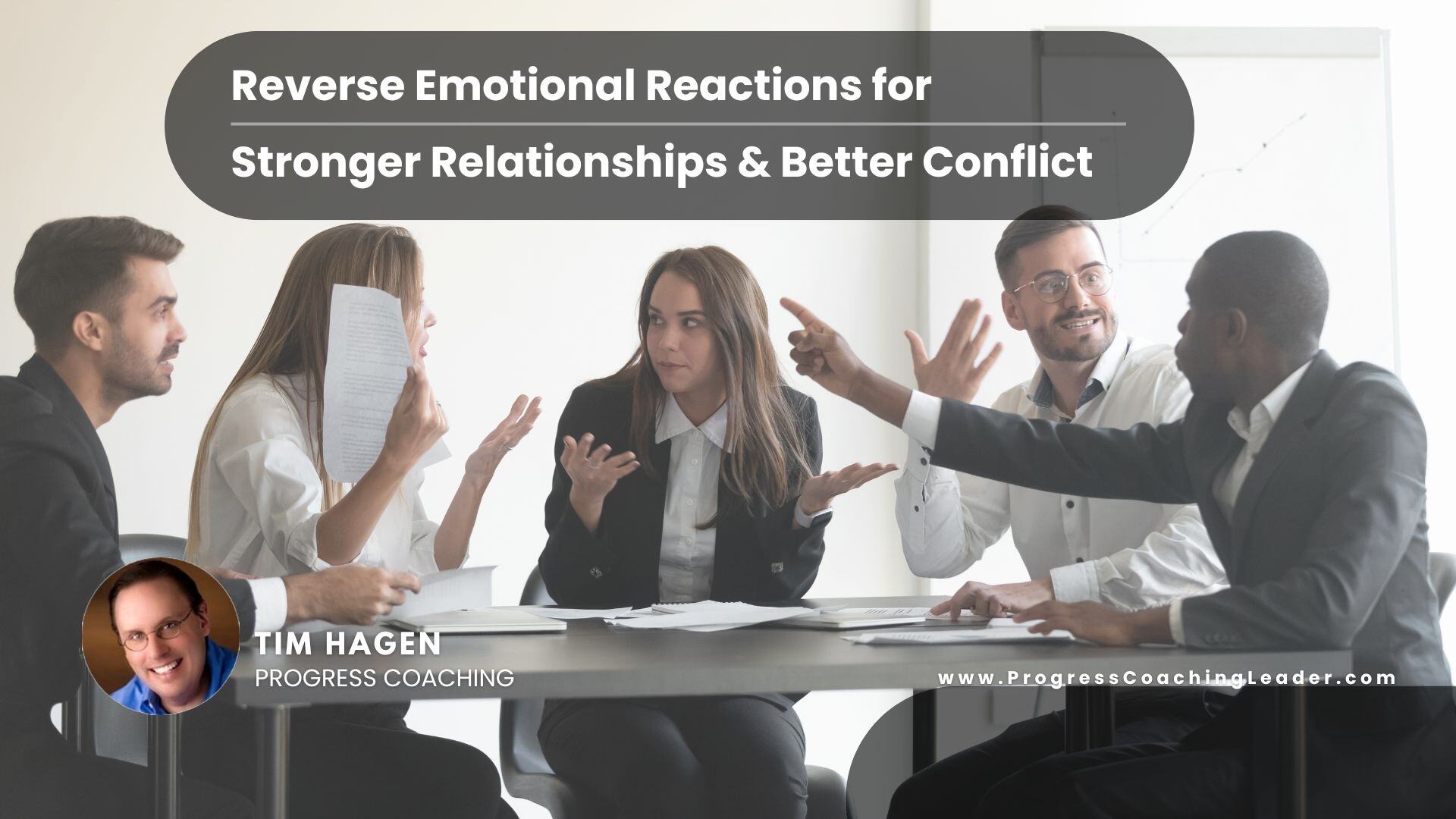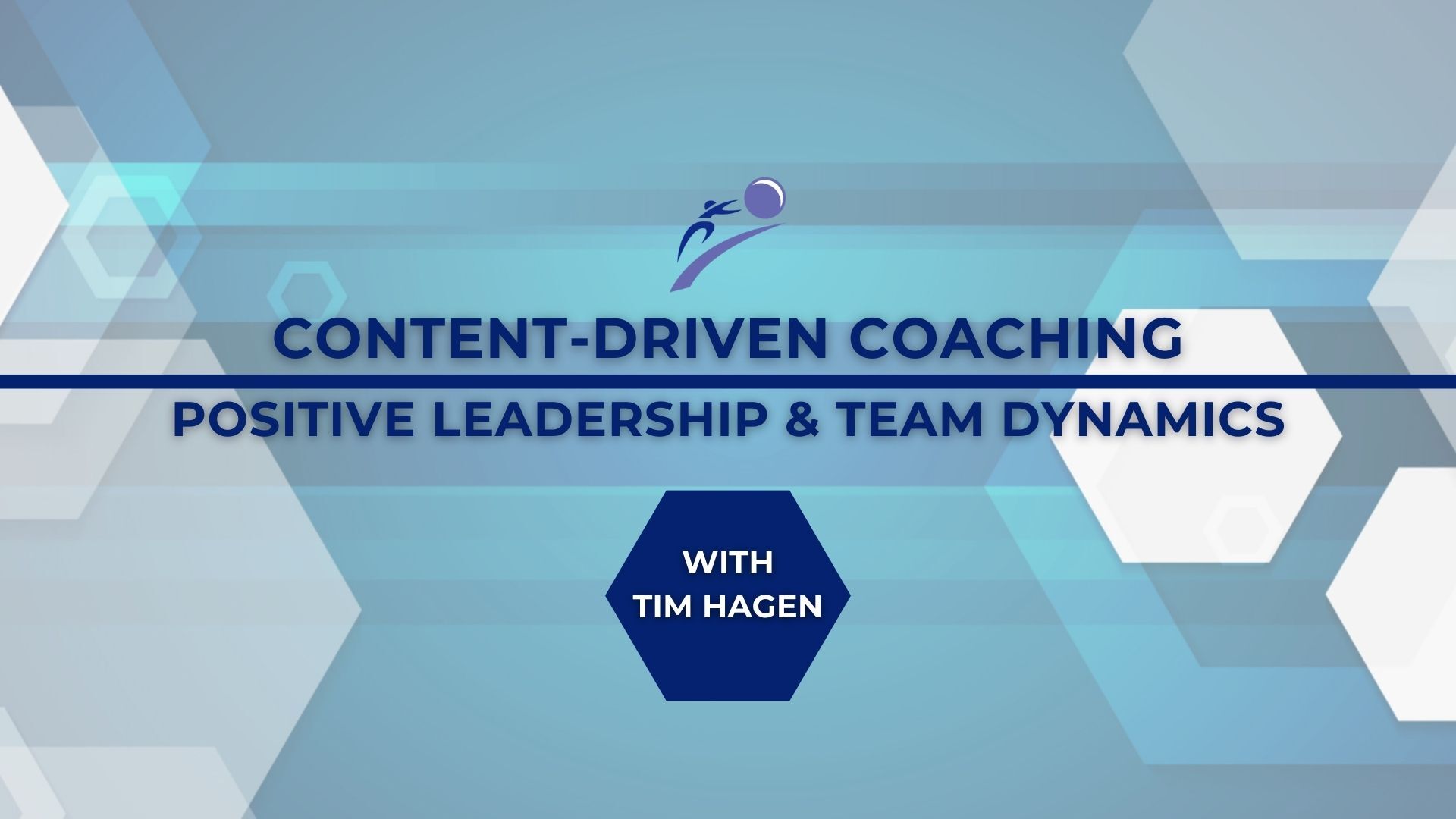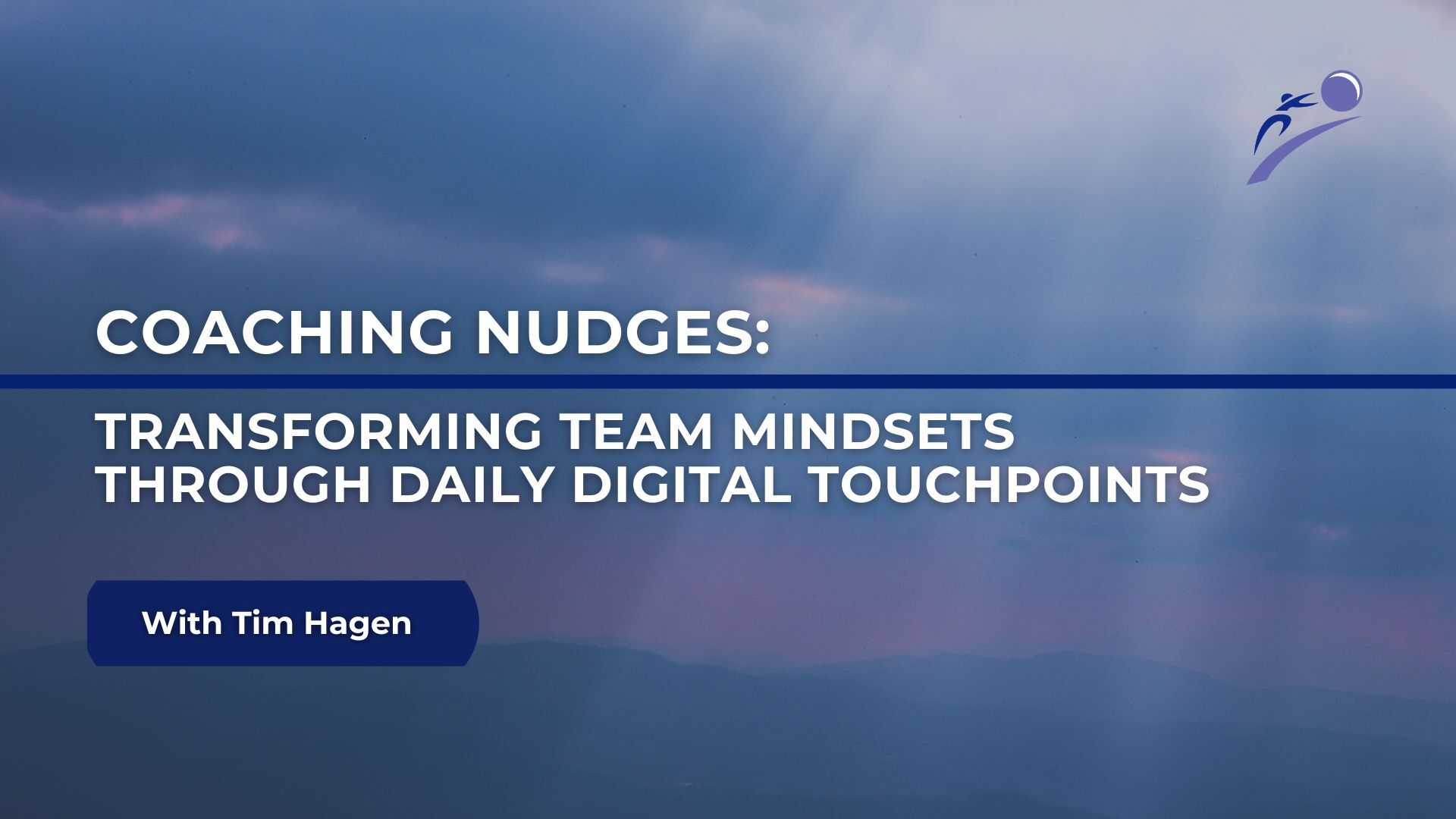Reversing Emotional Reactions for Stronger Relationships and Better Conflict
Ever wondered why conflicts escalate so quickly? Or why a simple misunderstanding can lead to tension and arguments?
Here we'll unpack the concept of RIAR—React, Interpret, Articulate, Reflect—and reveal how our emotional reactions often lead us astray. We show practical strategies to flip this sequence on its head, starting with reflection to foster better understanding and communication. Reacting impulsively, interpreting through biased lenses, and hastily articulating our feelings often creates unnecessary conflict. Learn how reversing RIAR can shape your interactions, both personal and professional. How can reflection enhance self-awareness, calm heated situations, and lead to more meaningful and productive conversations?
Read on for actionable insights that will improve your emotional intelligence and communication dramatically.
Why does conflict occur? We don't want to become robotic or lose our emotions. Yet those emotions we experience as human beings can really disrupt our thought process. Let me introduce you to a concept called RIAR.
R - we react
I - we interpret
A - we articulate
R - we reflect
These are the four steps in processing conflict, or any strong or intense conversation. Very few people get to reflection. In the previous article, I talked about someone speaking over me in a meeting. When I react, I'm emotional. I'm upset that Bob interrupted me and talked right over me. It doesn't feel good. Our blood pressure rises. Then, the interpret phase is next. "Well, Bob just likes to hear himself talk." We put our own spin on Bob's behavior. "Bob attacked me!" After the meeting, I'm going to tell three other leaders, "Did you see what Bob did to me?" That's the A, articulation. I never even get close to reflection. My emotions are clouding my ability to reach reflection.
When we reverse RIAR and start with reflection before we react, we're in a better place. RIAR is similar to a syndrome. It locks the door of walking through what we call the self-awareness door.
In Tasha Eurich's crucial study, it revealed 85% of people significantly lack self-awareness. Think about that. That means there are a lot of emotions flying around, a lot of different interpretations of an event, and a heck of a lot of articulations spreading around. When we're in the heat of the moment, what do we do? We don't calm ourselves down and then we convince ourselves later it wasn't that bad. Our emotional outburst wasn't that bad. We start to tell ourselves our own story.
When we react and interpret based on our emotions first and then articulate that interpretation to others without true reflection first, we'll never back up that semi-truck. It's like unringing a bell. Not possible. You'll never be able to erase that. It's like putting something out on the internet. It's out there forever.
Now, reverse the process. Reverse RIAR, and reflect first. (continue article below video)
Going back to the previous article, I suggest you take a deep breath first, then ask a clarifying question. Be careful with that clarifying question-- do not ask, "Give me an example." Rather try, "Could you dive deeper? Could you help me understand? Could you maybe dig in a little bit deeper in terms of what you're sharing with me?" Then take another deep breath and what we have found?
When leaders practice that--when people practice that--all of a sudden we have greater clarification. We've given that person more opportunity to slow down and understand what they're articulating to us. All because of reflection first, and asking our clarifying question. This whole process has slowed the conversation. It has slowed our emotional reaction.
LEARNING PROJECTS FOR IMPROVED CONFLICT MANAGEMENT:
- Ask the person you're coaching to return to your next coaching session with two examples where they managed conflict in a thoughtful and professional way and what success they experienced from them. Ask them to write out the reasons why they were able to manage those conflicts easier.
- Ask the person you're coaching to return to your next coaching sesion with one example of where they struggled to handle a conflict or stressful conversation in a thoughtful and professional way. Have them write out the reasons why they struggled. Have them write out RIAR on a sheet of paper and retroactively have them process their emotional reaction, their interpretation, their articulation, and their reflection after the fact. This gives them a chance to practice RIAR.
- Ask the person you're coaching to think about their example of a time they struggled to handle conflict or a stressful conversation in a thoughtful and professional way, and brainstorm what steps they could take moving forward to improve that.
- Conflict is unavoidable for a leader, and effective leaders know how to be comfortable approaching conflict. Have the person you're coaching write down a list of words/traits they feel describe a great leader who is effective at managing conflict. What skills does an effective manager have to have to effectively address conflict? Ask them to return to the next coaching session with two examples where they demonstrated one or more of those skills/traits in an effective way to manage conflict and the success they experienced.
Being approachable and coachable-- this is the real secret sauce to what's missing in workplace cultures.
Watch the FREE Webinar with Tim Hagen today: Become Approachable & Coachable: The Secret Sauce to Workplace Success
Learn how to help coach individuals to become approachable and coachable. Teach them how to EAT feedback (Embrace, Ask, & Tell) to help them pursue their own development in positive and effective ways. Learn the top 10 tips for approachability and how to implement them in your coaching sphere.





